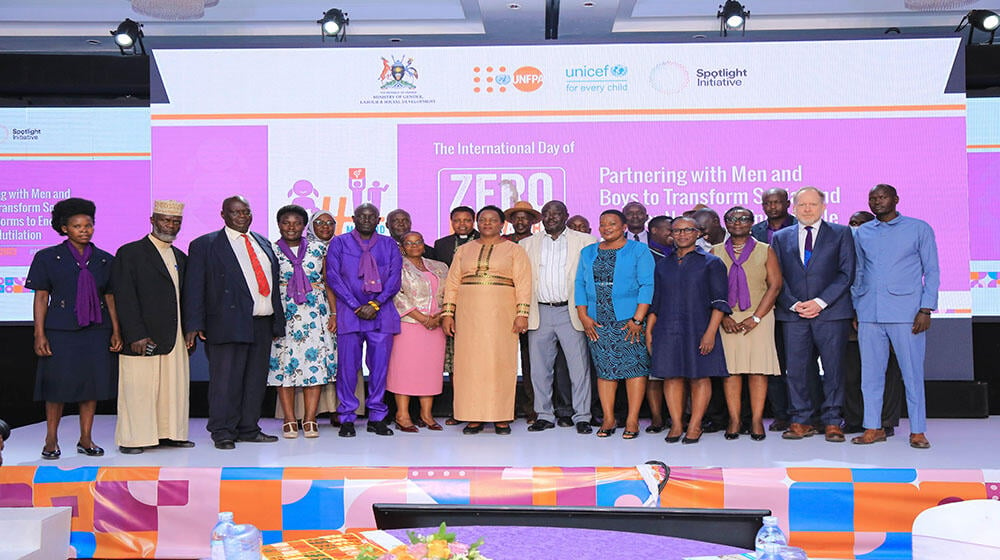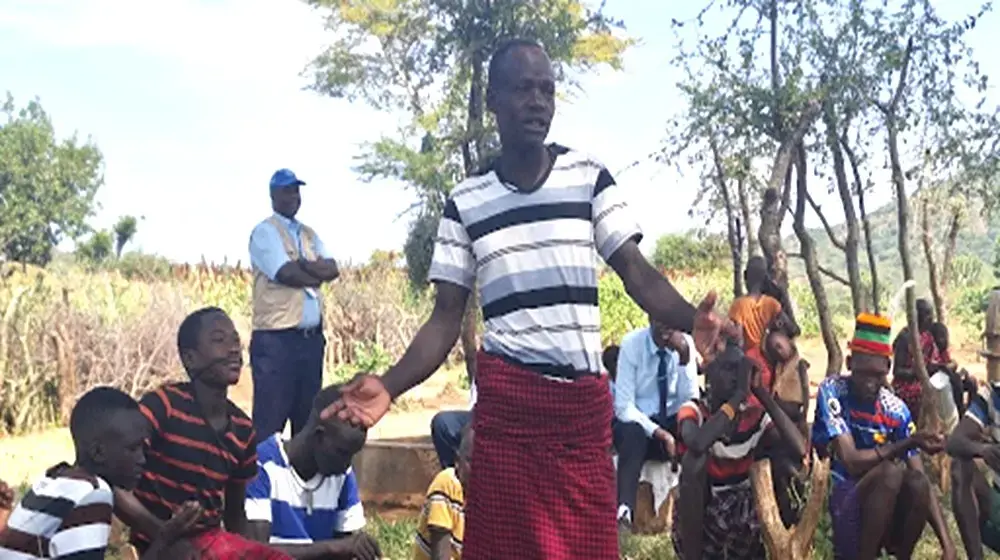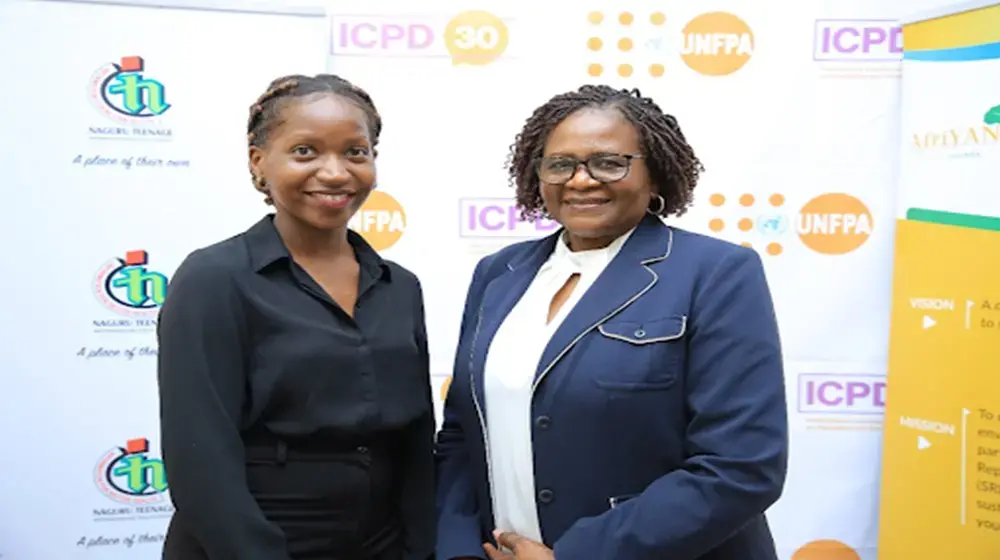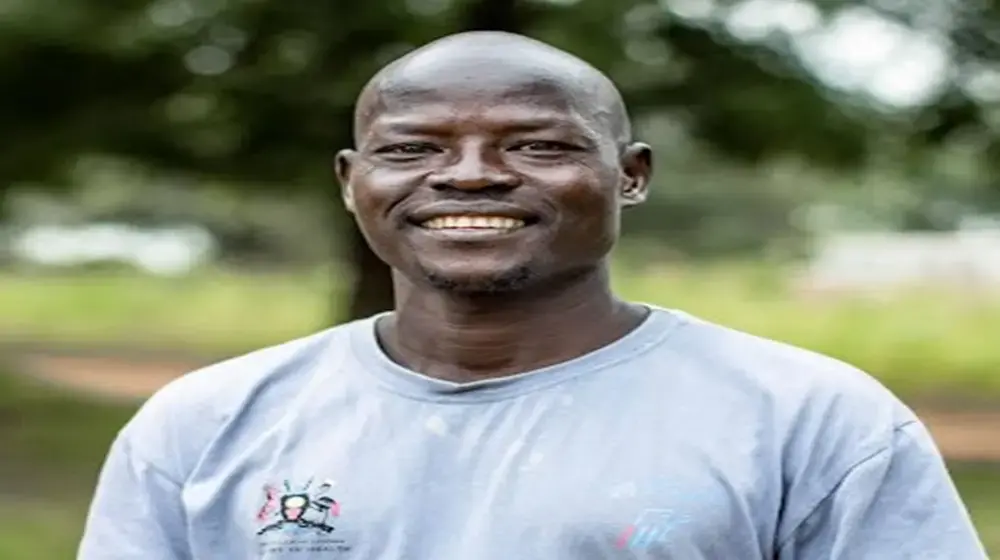KAMPALA: On 8 February, UNFPA joined partners to commemorate the Zero Tolerance of Female Genital Mutilation (FGM) Day marked under the theme: Partnering with Men and boys to transform social and gender norms to end FGM. The event that took place at Sheraton Hotel in Kampala was organized by the Ministry of Gender, Labour and Social Development in partnership with UNFPA and UNICEF in Uganda. The day also marked the launch of the Phase IV of the Global Programme on Elimination of FGM: Uganda Chapter. Phase III concluded in 2021.
Zero tolerance is an awareness day marked every 6th of February In Uganda, Bwoko, Kween and Kapchorwa in Elgon region and, Amudat, Moroto and Nakapiripirit districts in Karamoja are the leading FGM -practicing districts. Speaking on behalf of the United Nations in Uganda, The UN Resident coordinator Susan Ngogi Namondo said Female genital mutilation inflicts lasting emotional and physical harm on the most vulnerable members of society since it has no medical or religious justification, and it has no place in the 21st century.
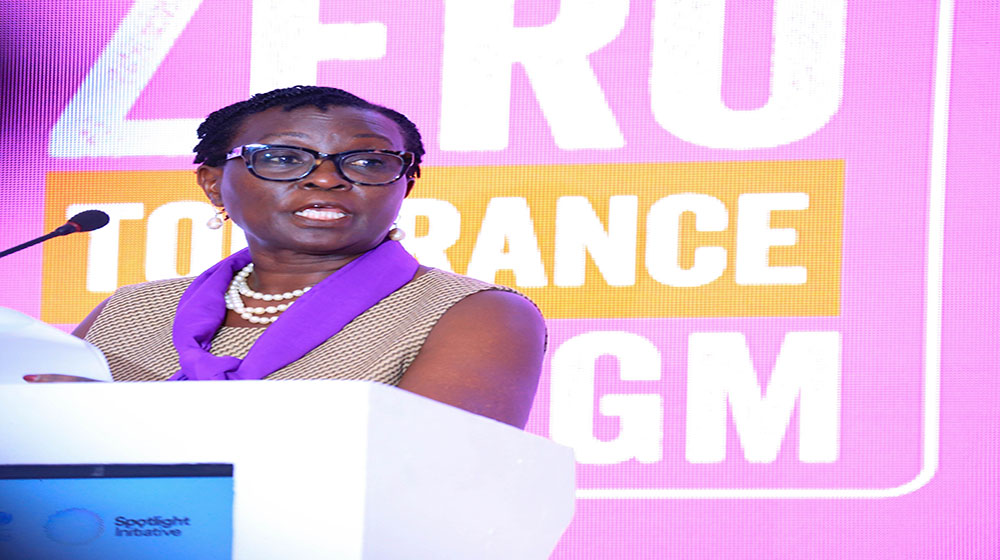
“Ending female genital mutilation requires more collaboration among a broad group of stakeholders, including global, regional, national and local policymakers; civil society from small grass-roots organizations and women's rights groups to international non-governmental organizations; agents of change from parents, teachers and health workers to religious leaders and local elders; as well as law enforcement and judicial officials, men and boys also have a crucial role to play,” she said.
The Resident coordinator also called upon the Government of Uganda and all stakeholders to UNITE around proven strategies, FUND them adequately and ACT NOW.
In her remarks, UNFPA Representative Dr Mary Otieno said FGM is not only a harmful cultural practice but also an infringement of human rights that violates the principles of equality and respect for human dignity as well as impeding the enjoyment of rights of women and girls including sexual and reproductive health rights and exposes women to serious health, psychological, physical, and social consequences.
However, she noted that with the rapid population growth, FGM is expected to further increase the number of girls at risk, adding urgency to the global and national efforts to eliminate the practice by 2030 as set out in the Sustainable Development Goal.
“With only eight years remaining in this decade of action, there is potential in eliminating this harmful practice through sustainable partnerships with men and boys. Their voices and actions can transform the deeply rooted social and gender norms, underpinning the practice, allowing girls and women to realize their rights and potential in terms of health, education, income, and equality,” Otieno said.
The Representative mentioned how it was exciting to launch the Phase IV of the Global Programme on Elimination of FGM: Uganda Chapter on the same day. She said during the time, the Joint Programme in Uganda has attained remarkable achievements.
The global programme on elimination of FGM is funded by Austria, France, Iceland, Italy, Luxembourg, Norway, Spain, Sweden, the United Kingdom and the United States of America, Canada and Germany. The joint programme has also leveraged on the funding from the EU Spotlight Initiative in Uganda which has enabled scaling up of interventions.
- Written by Emmanet Nabwire and Evelyn Kiapi

